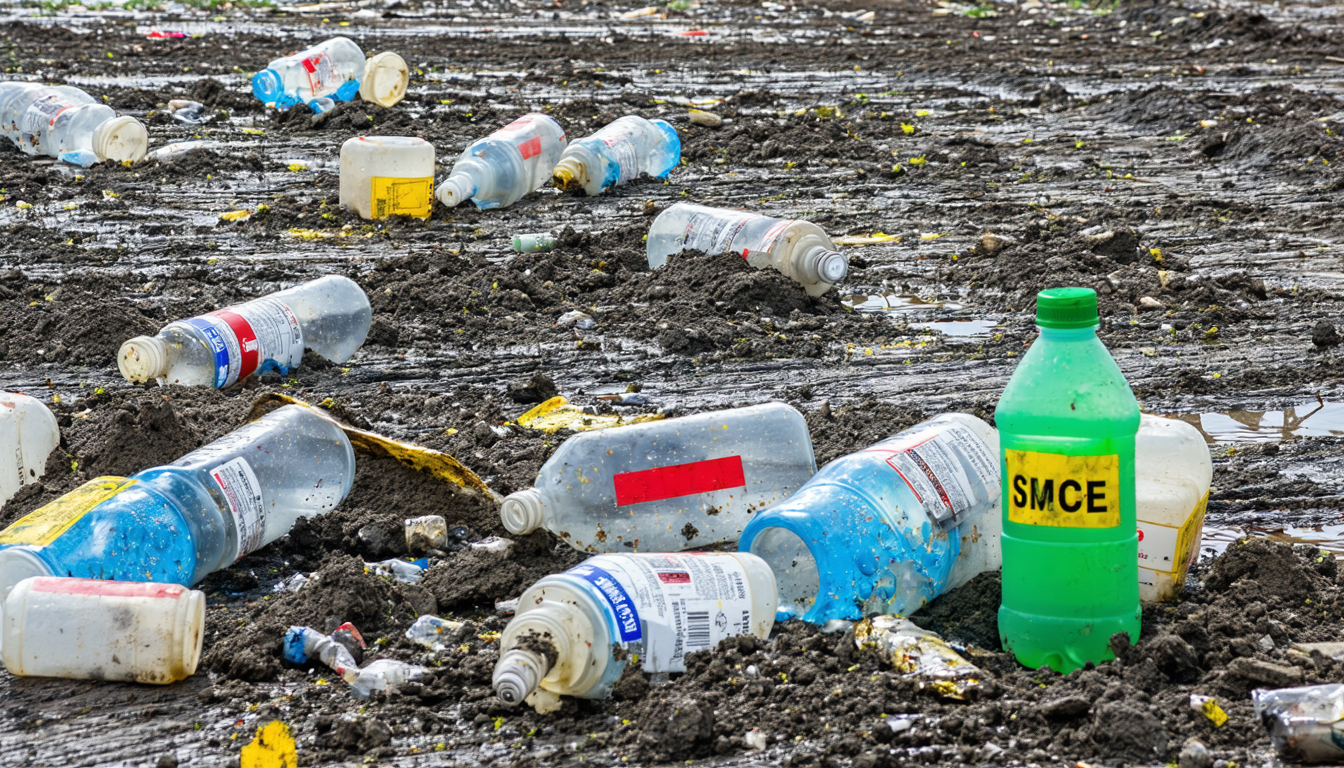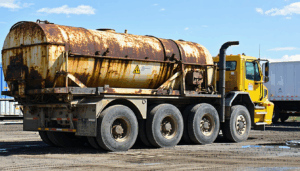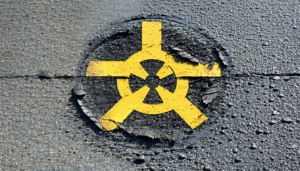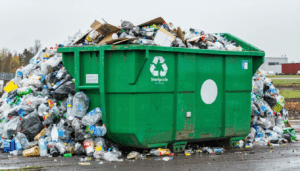In the United States, the safe handling and disposal of chemical waste have become pressing concerns as industries grow and environmental regulations tighten. With hazardous materials posing risks to public health and ecosystems, the search for “chemical waste disposal near me” is more relevant than ever. This article explores the latest developments in chemical waste management across the U.S., including new regulations, innovative solutions, and resources for businesses and individuals. From updated federal guidelines to local disposal options, we uncover what’s shaping this critical sector today.
The Growing Need for Chemical Waste Disposal Near Me
Chemical waste, ranging from industrial byproducts to household cleaners, requires specialized handling to prevent contamination of soil, water, and air. The U.S. Environmental Protection Agency (EPA) estimates that over 30 million tons of hazardous waste are generated annually nationwide. Improper disposal can lead to severe consequences, including fines, environmental damage, and health hazards.
As urban areas expand and industrial activities increase, access to local disposal services is vital. Many Americans are now searching for reliable options to manage chemical waste responsibly. This demand has spurred both government action and private sector innovation to address the challenge.
New Federal Regulations on Hazardous Waste
In 2023, the EPA introduced stricter guidelines under the Resource Conservation and Recovery Act (RCRA) to enhance chemical waste management. These updates mandate clearer labeling of hazardous materials and impose tighter deadlines for waste removal from industrial sites. Non-compliance can result in penalties exceeding $75,000 per violation per day.
According to Dr. Emily Harper, an environmental policy expert at the University of California, “These regulations aim to minimize risks by ensuring accountability at every stage of waste handling. Businesses must adapt quickly to avoid legal and environmental repercussions.” The changes also encourage companies to adopt sustainable practices, reducing waste generation at the source.
Local Solutions for Chemical Waste Disposal Near Me
Finding a nearby facility for chemical waste disposal is often a challenge due to varying state laws and limited public awareness. However, several initiatives are making it easier for U.S. residents and small businesses to locate services:
- EPA’s Online Tools: The agency’s website offers a searchable database to find certified disposal facilities by ZIP code.
- State Programs: States like California and Texas have launched hotlines and mobile apps to guide residents to local drop-off points.
- Private Services: Companies such as Waste Management Inc. provide pickup services for hazardous materials in many regions.
These resources ensure that even rural communities have access to safe disposal options. Checking with local municipalities can also reveal scheduled collection events for household chemicals like paints and pesticides.
Impact on Businesses and Communities
The push for better chemical waste management has significant implications for various stakeholders. For businesses, compliance with new regulations often means higher operational costs due to training, equipment upgrades, and third-party disposal contracts. Small enterprises, in particular, may struggle to meet these demands without financial support.
On the other hand, communities benefit from reduced environmental risks. Cleaner water sources and safer air quality are direct outcomes of proper waste handling. Local governments are also stepping up education campaigns to inform residents about safe disposal practices, fostering a culture of responsibility.
Innovations Shaping the Future of Waste Management
Technology is playing a pivotal role in transforming how chemical waste is managed in the U.S. Advanced recycling techniques now allow certain chemicals to be repurposed rather than discarded. Additionally, AI-driven systems are being used to track waste from generation to disposal, ensuring transparency.
“Innovation is key to tackling the chemical waste crisis,” says Mark Thompson, CEO of EcoSafe Solutions. “We’re seeing breakthroughs that not only reduce waste but also turn it into valuable resources.” Such advancements could lower costs for businesses while minimizing environmental impact over the long term.
Analyzing the Broader Implications
The focus on chemical waste disposal reflects a broader shift toward sustainability in the U.S. While stricter regulations and innovative technologies offer hope, challenges remain. Limited funding for public disposal programs and uneven enforcement across states could hinder progress. Balancing economic growth with environmental protection will be crucial moving forward.
From a neutral standpoint, both industry advocates and environmentalists have valid points. Businesses argue for more support to meet compliance costs, while activists push for faster action to curb pollution. Open dialogue between these groups could pave the way for practical solutions.
In conclusion, the landscape of chemical waste disposal in the U.S. is evolving rapidly with new rules, tools, and technologies. Whether you’re a business owner or a concerned citizen searching for “chemical waste disposal near me,” staying informed about local options and regulations is essential. As efforts continue to improve safety and sustainability, collective action will determine the success of these initiatives.
Frequently Asked Questions (FAQ)
1. How can I find chemical waste disposal near me in the U.S.?
Use the EPA’s online database by entering your ZIP code or contact your state’s environmental agency for local drop-off locations and collection events.
2. What qualifies as chemical waste?
Chemical waste includes industrial solvents, pesticides, paints, batteries, cleaning agents, and other hazardous materials that can harm health or the environment.
3. Are there penalties for improper chemical waste disposal?
Yes, violations of federal or state laws can result in fines up to $75,000 per day per incident, along with potential legal action.
4. Can households dispose of chemical waste at regular trash sites?
No, most household chemicals must be taken to designated facilities or collection events to prevent contamination and ensure safety.




